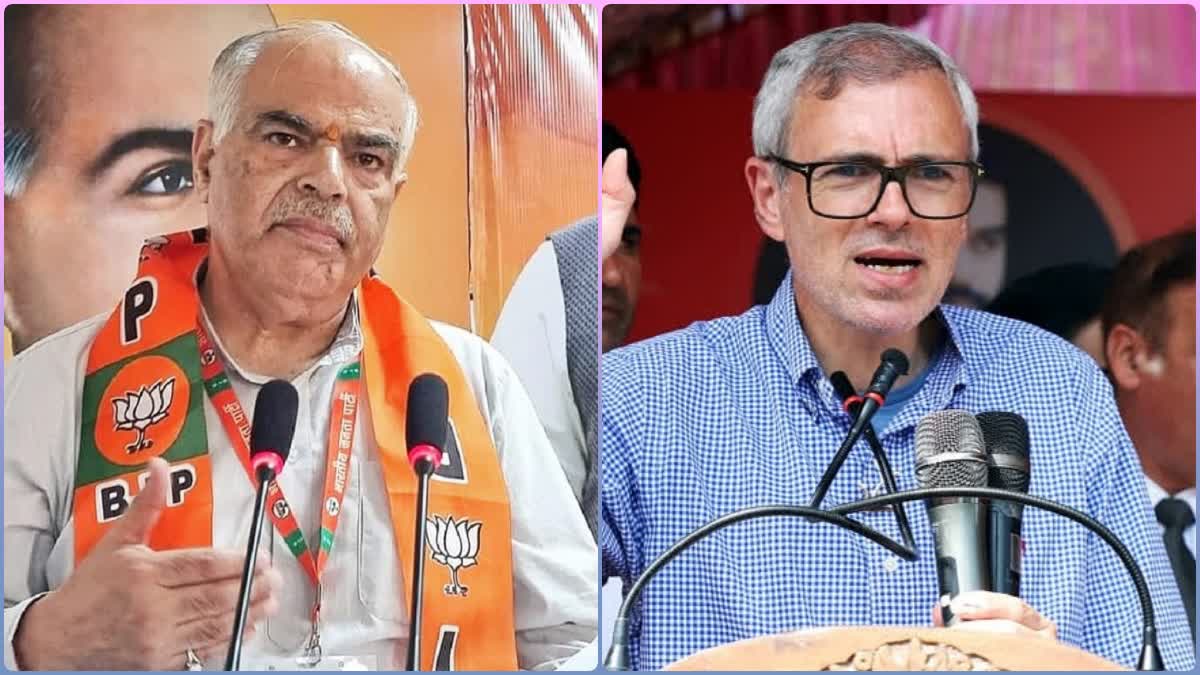Srinagar: The Jammu and Kashmir unit of the Bharatiya Janata Party (BJP) observed Accession Day with a ceremony at its Srinagar headquarters. The event commemorated the ruler of the princely state Maharaja Hari Singh signing the Instrument of Accession with India on October 26, 1947. It was attended by senior Bharatiya Janata Party (BJP) leaders and party workers.
Ashok Koul, the BJP's Jammu and Kashmir General Secretary (Organisation), speaking to reporters, described Maharaja Hari Singh's decision to accede with India as a "courageous and wise move" that united Jammu and Kashmir with the world's largest democracy. He highlighted that although the 1947 accession was historic, certain provisions like Article 370 had maintained a separate constitution and flag for Jammu and Kashmir.
Koul emphasised that the abrogation of Article 370 on August 5, 2019, paved the way for complete integration, a shift symbolised by the recent swearing-in of Omar Abdullah and Assembly members under the Indian Constitution alone.
"This time Chief Minister Omar Abdullah and other members of J&K Assembly took oath under the Indian Constitution," he said.
Koul also pointed to the broader context of Accession Day as a time to remember the journey of Jammu and Kashmir since its accession and noted its celebration as a public holiday across the region.
Reflecting on the historical background, Koul discussed the broader political landscape of 1947, when India and Pakistan emerged as independent nations and princely states were given the option to join either country. While Muslim-majority regions predominantly joined Pakistan and Hindu-majority areas opted for India, Maharaja Hari Singh of Jammu and Kashmir initially sought neutrality between the two neighbours.
Historians have recorded that an invasion by Pakistan-backed tribal forces on October 22, 1947, prompted the Maharaja to reach out for India's military assistance. In return, Maharaja Hari Singh signed the Instrument of Accession on October 26, 1947, formally aligning Jammu and Kashmir with India. This agreement received final endorsement from Lord Mountbatten, the then-Viceroy of India, on October 27, allowing Indian troops to enter Kashmir to repel the tribal forces advancing toward Srinagar.
On October 27, 1947, Indian forces launched operations to regain control of key territories in Jammu and Kashmir, successfully driving out the tribal invaders and securing the region’s status within India, a legacy still honoured on Accession Day.
Read More



